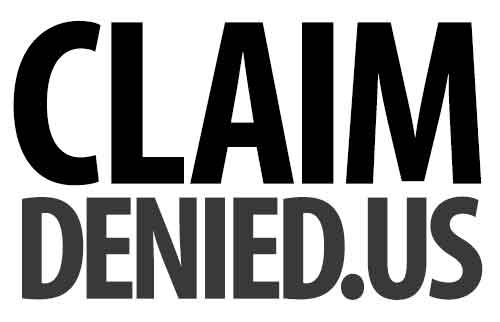Most people purchase insurance to protect themselves financially in the event of an accident, injury, or property damage. However, what happens when your insurance company fails to live up to their end of the bargain? This is known as insurance bad faith.
Insurance bad faith can take many different forms. For example, your insurance company may deny your claim outright, delay payment of your claim, or only offer a partial payment of your claim. They may also refuse to defend you in a lawsuit or cancel your policy without a valid reason.
If you believe that your insurance company has acted in bad faith, you may be able to file a lawsuit against them. In some cases, you may also be entitled to punitive damages.
What is Insurance Bad Faith?
Insurance bad faith is when an insurance company fails to honor their obligations to the policyholder. The term “bad faith” is not defined in most insurance policies, but it generally refers to any unfair or deceptive practices by the insurance company.
For example, if you make a valid claim but the insurance company denies it without a good reason, that would be considered bad faith.
What Are the Consequences of Insurance Bad Faith?
If you file a successful bad faith insurance claim, you may be entitled to compensatory damages. This means that you would be compensated for any losses you incurred as a result of the insurance company’s bad faith practices.
In some cases, you may also be awarded punitive damages. These are designed to punish the insurance company for their bad faith practices and deter them from engaging in similar behavior in the future.
What Are the Steps to Filing a Bad Faith Insurance Claim?
If you believe that your insurance company has acted in bad faith, you should first try to resolve the issue with them directly. If you are unable to reach a resolution, you may need to consult with an experienced bad faith insurance attorney.
Your attorney will review your case and help you determine whether you have a valid claim. If you do have a valid claim, your attorney will help you gather evidence and build your case.
Once your case is ready, your attorney will file a bad faith insurance claim on your behalf. The insurance company will then have a chance to respond to the claim.
If the insurance company does not respond or if they deny the claim, your case will likely go to trial. Your attorney will represent you throughout the entire process and help you get the compensation you deserve.
